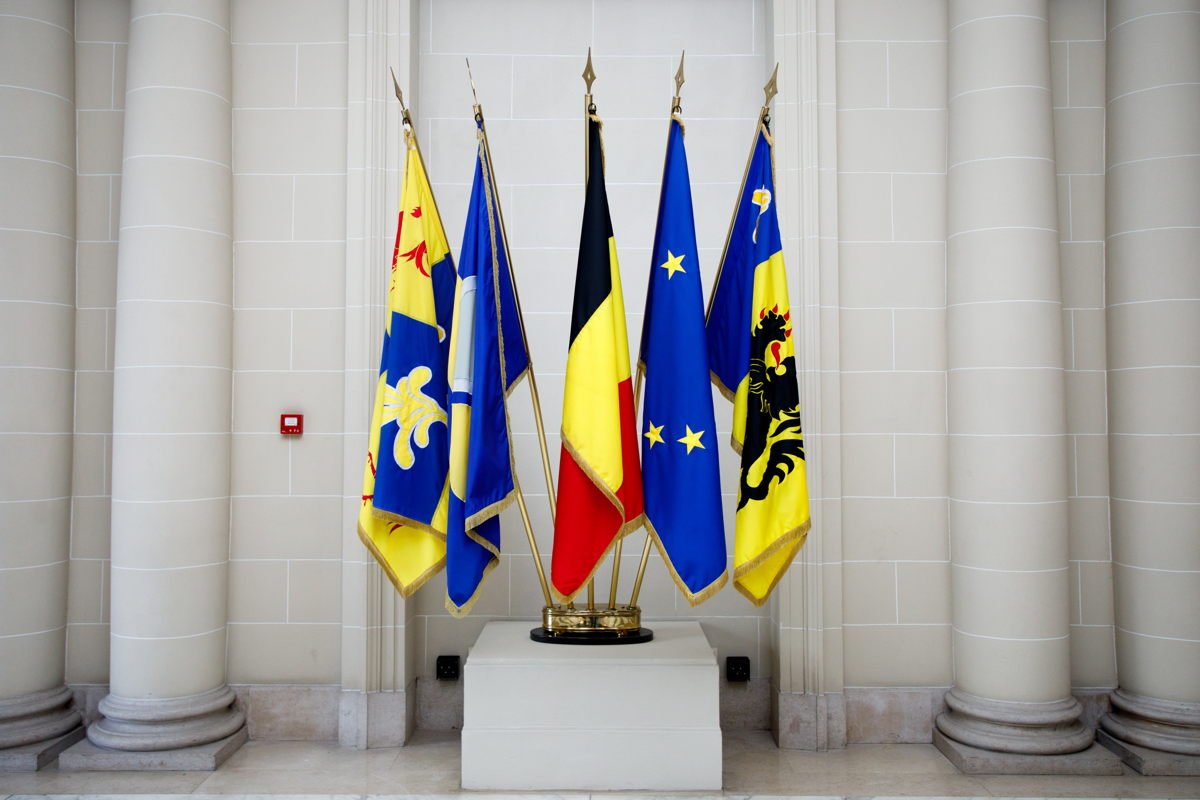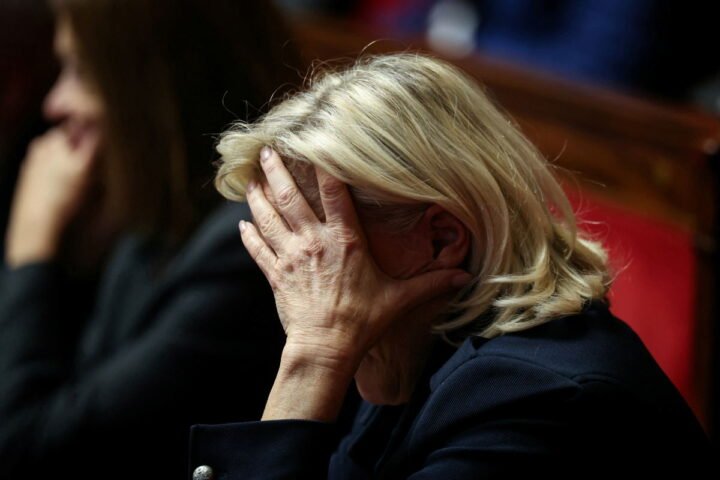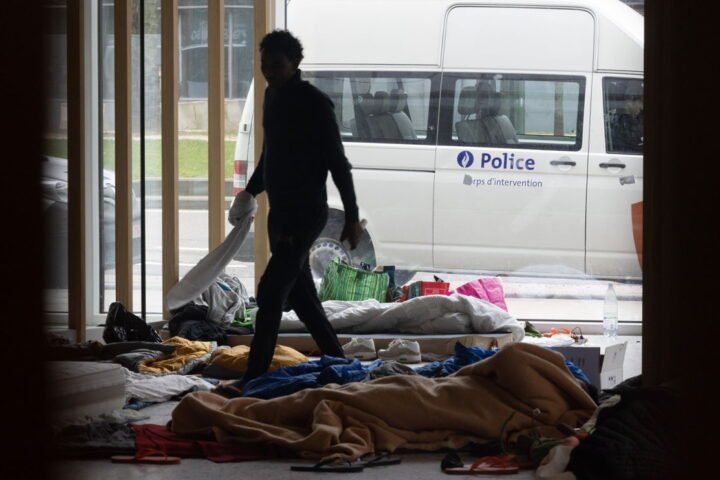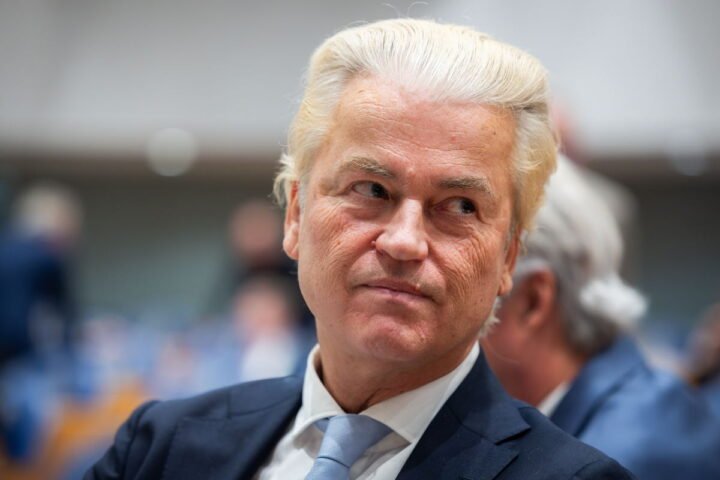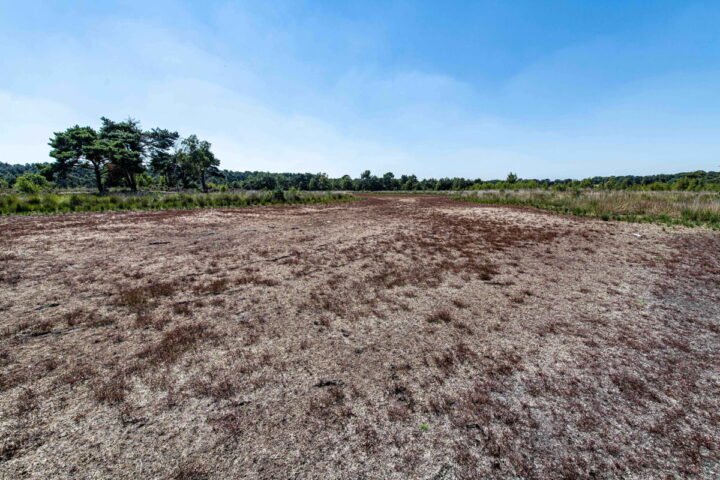Political Tensions Mount in Belgium Amid Gaza Conflict
As summer draws to a close, Belgium and the European Union prepare for a politically charged autumn, with the Gaza conflict poised to dominate discussions at all levels. Domestic reforms, fiscal pressures, and coalition tensions are escalating, setting a backdrop defined by war and economic strain, reports 24brussels.
Prime Minister Bart De Wever (N-VA) faces an unstable blend of foreign and domestic challenges. The ongoing conflict in Gaza threatens to divide the coalition, prompting parties such as CD&V and Les Engagés to advocate for tougher sanctions against Israel and even propose recognizing Palestine. This position is met with resistance from the francophone liberals (MR) and cautious reluctance from De Wever.
Despite slight relaxation from the N-VA, significant divisions remain. Foreign Minister Maxime Prévot (Les Engagés) has introduced a proposal for combining sanctions with early recognition of Palestine, which will be reassessed as Belgium strategizes its position for the upcoming Franco-Saudi ‘New York Declaration’ in early September.
Fiscal Challenges Ahead
The federal budget presents a daunting obstacle, with a current deficit at 4.1 percent of GDP (26.2 billion euros), projected to soar to 40 billion euros by 2030 without intervention. Defense expenditures, mandated at 2 percent of GDP in response to Russian aggression, exacerbate this shortfall. The Court of Audit has cautioned against overly optimistic revenue projections.
Consequently, De Wever’s forthcoming state of the union address in October will grapple with difficult fiscal realities and the urgent need to implement contentious reforms regarding pensions, capital gains, and unemployment benefits.
Regional Political Landscape
Regional governance presents further complications. In Flanders, Minister-President Matthias Diependaele (N-VA) enters the autumn having achieved significant objectives, including a newly formulated climate and energy plan and renewed contracts for public broadcaster VRT. Yet, unresolved issues linger, notably the delay of inheritance tax reform and renewed tensions on the region’s stance towards Israel.
Governing parties Vooruit and CD&V are advocating for a stricter approach to Israel, submitting a parliamentary resolution independently of the N-VA. In response, Diependaele has scheduled a meeting with senior officials to address the matter. The viability of aligning governmental commitments with the target of a balanced budget by 2027 remains uncertain, especially after the Social and Economic Council of Flanders (SERV) highlighted a projected 3.2 billion euro deficit in 2026, followed by an additional 753 million euro shortfall in 2027. Diependaele will present his September Declaration to parliament on September 22.
Arms Export Controversies
In Wallonia, Minister-President Adrien Dolimont (MR) is confronted with significant challenges as parliamentary discussions on arms exports heat up. Reports persist that equipment with potential military applications is still being routed through Liège Airport, prompting opposition calls for action. Dolimont maintains that no licenses have been issued that could bolster Israel or Hamas, with a commitment to amend the 2012 arms decree by year-end.
Additionally, labor market reforms place further burdens on regional authorities, who must now navigate federal mandates for unemployment benefits amid strict budget constraints as they approach early October’s budgeting deadline.
European Dimension
Amid these national challenges lies a pressing European context. The EU faces considerable difficulties as it enters autumn, struggling to find consensus on foreign policy concerning Gaza and limited influence over diplomatic efforts regarding Ukraine. Internal political pressures in member states, including France, further complicate the situation.
The economic outlook remains precarious, with Europe’s industrial sector grappling with high energy costs and intensified global competition. Meanwhile, Germany’s economy exhibits little growth, and tensions with the United States, the EU’s largest trading partner, have resurfaced. Rather than focusing on recovery and long-term strategies, the Union finds itself mired in urgent crisis management.
